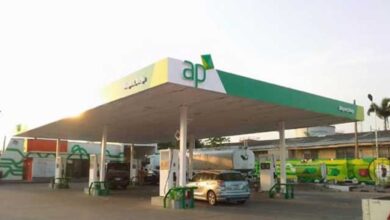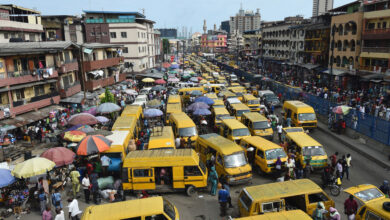Dirty Fuel, Bungling Discos and a Hot Harmattan


“The continued scarcity has exposed the gaps in the capacity of the NNPC to supply Nigeria with fuel in times of crisis. If the discovery and rejection of less than a week’s supply of petrol could lead to a month-long fuel crisis, what happens when a bigger issue crops up?”
It’s February 19th and the fuel scarcity that began in late January showed no signs of ending. It has now been joined by a general power outage across the country. In Abuja where I live, the weather has been incredibly hot at night for the last few weeks as the harmattan envelopes West Africa with dry, dusty winds of the Sahara. With no electricity to power fans or air conditioners, it has been very difficult to sleep for many, including this author. So, if you sense my irritation in this article, please forgive me.
Since I wrote this piece (Why is Nigeria Importing “Dirty” Fuel?) on the ongoing fuel scarcity, the people responsible for making petrol have been making nothing but statements to the public. The Nigerian National Petroleum Company Limited (NNPC) has repeatedly promised to end the scarcity in one week. Instead, the queues at petrol stations around the country continue to get longer and longer. There have been reports of people spending hours in queues at petrol stations or even sleeping there just to fuel their cars. The NNPC has even apologised for the inconvenience they have caused Nigerians, an act that is rare in a nation full of unaccountable leaders. But apologies don’t run cars or generators and the continued scarcity has exposed the gaps in the capacity of the NNPC to supply Nigeria with fuel in times of crisis. If the discovery and rejection of less than a week’s supply of petrol could lead to a month-long fuel crisis, what happens when a bigger issue crops up?
Also Read: Russia May Push Oil to $125 PB, Double Loss for Nigeria
It’s reassuring that the NNPC has promised the national assembly that it would seek damages from the suppliers of the adulterated fuel in Nigeria. But the problem is not just the suppliers who have merely exploited our weak or compromised regulatory framework to import petrol with 20% methanol content when the acceptable level of methanol in petrol is normally 2% or 3%. There has to be a price to be paid by everyone responsible in NNPC and other agencies of government for importation and clearing of imported petrol into Nigeria. While we continue to pressure NNPC and the government to end the ongoing scarcity, we must also continue to pressure them to hold themselves accountable for this travesty. That’s the only way to forestall future occurrences.
As for the electricity outage that has hit the country, it is the usual case of the incompetent doing incompetent things. The electricity distribution companies in Abuja and Ibadan have released statements blaming the outage on unstable supply from the national grid due to poor generation. While Nigeria has an installed capacity to generate 13,000 megawatts, we barely maintain a stable generation and distribution of 4,000 megawatts without the entire national grid collapsing. Despite the investment of billions of dollars over the last two decades and privatisation of large parts of the value chain, Nigeria’s power sector continues to disappoint Nigerians. It is not unusual for the different players in the sector to bounce criticism around, while the government seems helpless.
There is no gainsaying the engines of a modern economy require stable and adequate electricity supply and fuel. Nigeria cannot afford to lack both at once. But if we won’t end the petrol scarcity and unstable electricity supply for the sake of our economy, we should end them for the sake of the heat that threatens to deny many of us a good night’s sleep. This matters too.







